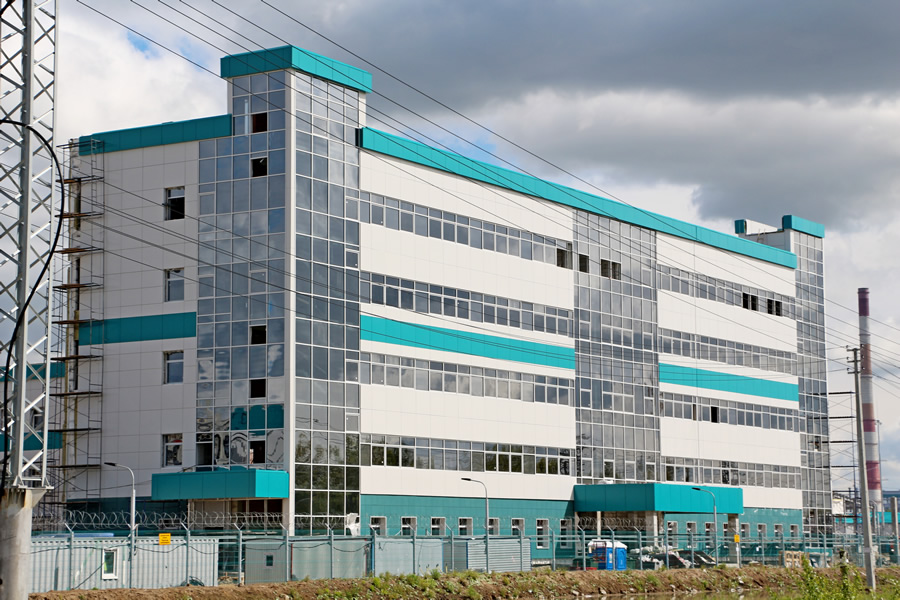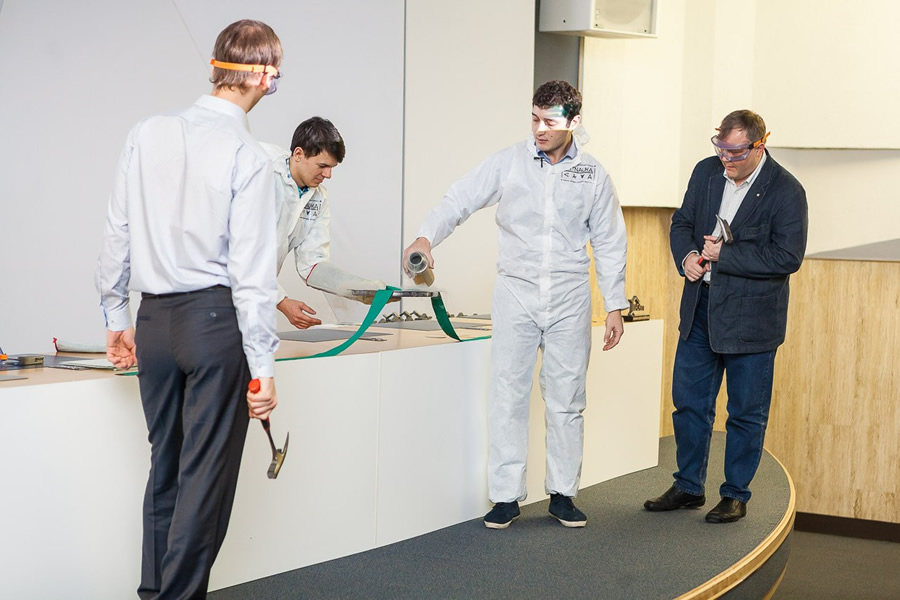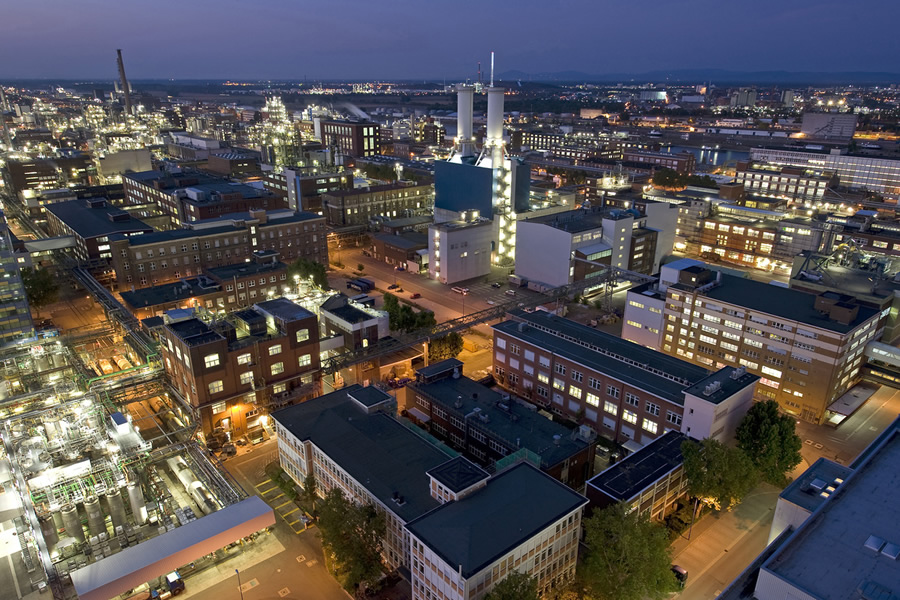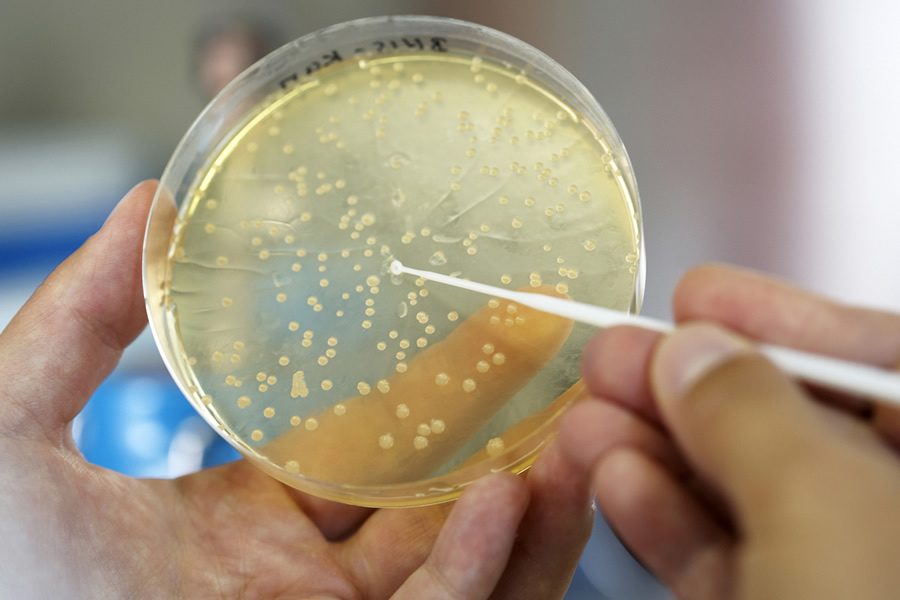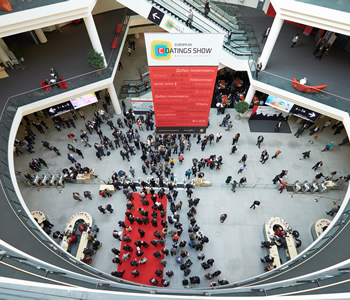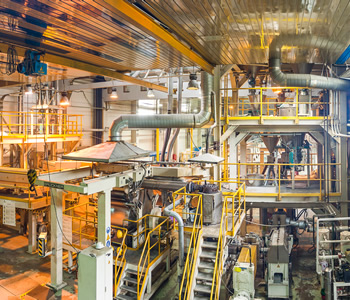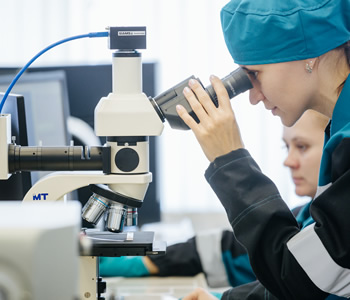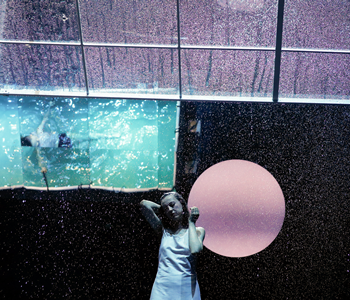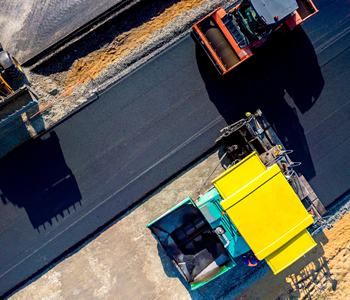BASF supplies SIBUR with additives to produce polypropylene, polyethylene, synthetic rubbers, thermoplastic elastomers (TPE) and ABC plastics, which improve the quality of end products. The company also provides SIBUR with technical support. Additives protect polymers from temperature, mechanical, light and other exposures.
Do SIBUR and BASF see polymer additives as the priority area of their cooperation? How has SIBUR’s demand for additives been changing over time, and how will new production facilities (for instance, Zapsibneftekhim) affect it going forward?
Additives for polymer production are among strategic areas of cooperation between SIBUR and BASF, enabling each company to make a sizeable contribution to the development of polymer processing in Russia. Our proactive approach and joint efforts help us create highly effective polymers that meet the strictest processing requirements.
BASF supplies SIBUR with additives to produce polypropylene, polyethylene, synthetic rubbers, thermoplastic elastomers (TPE) and ABC plastics, which improve the quality of end products. The company also provides SIBUR with technical support. Additives protect polymers fr om temperature, mechanical, light and other exposures.
The development of the existing production facilities and the launch of PP production in Tobolsk drove the demand for stabilisers several fold, while the expansion of product range triggered a shift fr om standard additives to special niche products.
The launch of Zapsibneftekhim will not only lead to the hike in consumption, but also help achieve an entirely new level of effective stabilisation. Here, BASF boasts advanced solutions and huge expertise. Our joint preparatory work at the existing facilities is underway.
Could you give some colour on the track record of cooperation between SIBUR and BASF? What joint projects and contracts with SIBUR are now on the agenda? How will your relationship be developing going forward?
We have been partnering for quite a while, and we have always strived to foster and deepen our relationship. Just look at our JV RusVinyl and our joint programme on sustainable development in petrochemicals. The latter includes Responsible Care, a unique voluntary initiative supporting chemical facilities in their efforts to continuously improve their health, safety and environmental (HSE) practices. BASF is also SIBUR’s strategic partner in the IQ-CHem international contest.
Tobolsk, the Tyumen region. June 2017. OAB construction.
In Russia, BASF has laboratories that develop solutions tailored to specific customer needs and projects. They take into account the climate, feedstock, target application, etc. These laboratories mostly operate at our production sites. Besides, we run an applications technology centre for polyurethane systems near St Petersburg.
In 2013, SIBUR and BASF signed a strategic cooperation agreement on the supply of additives for SIBUR’s facilities. It also embraced several projects on the development of polypropylene grades.
New projects launched every year result in more laboratory tests performed by BASF's technical centre in Basel. As part of these numerous projects, we successfully completed pilot tests that helped identify our joint implementation potential.
In 2016, we decided to intensify our strategic dialogue. Today, we are holding regular meetings to discuss a range of activities related to the use of catalysts, gas treatment, building solutions for petrochemical facilities and, last but not least, additives for polymer production.
At the heart of our partnership lies knowledge and expertise sharing. We are constantly looking for new exciting partnership opportunities and development areas. These include R&D and sharing experience in staff training and professional development. In the long term, SIBUR plans to set up an R&D centre to boost polymer processing. This will be a milestone project for the Russian polymer industry, offering great potential for further cooperation.
We seek to strengthen our partner ties and are actively engaging in new projects.
Does BASF buy the products fr om SIBUR and other Russian companies?
BASF’s global costs account for nearly a half of its turnover, with a considerable portion coming from the purchase of feedstock. In its work, BASF is guided by the principles of sustainable development, which prompt us to continuously search for new more efficient, reliable and safer sources of feedstock. As a leading Russian producer, SIBUR has always been in our sites. This year is no exception: we are now discussing various options for supplying SIBUR's products to BASF's production sites in Russia and other countries.
BASF is also SIBUR’s strategic partner in the IQ-CHem international contest.
Which of BASF’s numerous product segments have been the best performers in recent years? Which of them do you view as the most promising in Russia and why? How does the consumption of your products differ in Russia and other countries?
BASF's key strength is its diversification. We offer solutions for a variety of industries along the entire value chain.
In 2016, we boosted sales across almost all our business lines. In recent years, growth rates were particularly impressive in agriculture and the food industry, driven among other things by the government support. The oil refining and petrochemical industries grew fast, as well, mostly due to the launch of projects by our Russian partners.
Overall, we expect that in the next five years, the annual growth of the chemicals market, one of BASF’s areas of expertise, will average 3–4%. In Russia, BASF plans to grow ahead of the market, mainly through its innovative integrated solutions.
BASF’s main R&D centre is in Germany.
What is your outlook on the Russian market? What underpins your strategy in Russia?
The key drivers of our growth in Russia will be stronger regional foothold, production localisation and closer interaction with customers. Here I mean the so-called cross-industrial approach enabling us to offer our customers integrated solutions for the entire production process, from the construction of production sites to the production and storage of end products.
A good example is our programme called Integrated BASF Solutions for the Russian Agricultural Sector: From Field to Counter, first presented in November 2015 at the YugAgro exhibition. The programme sparked interest from the Russian agricultural holdings engaged in a variety of agricultural activities and processing of agricultural products. Another example is BASF’s integrated oilfield and gas treatment solutions first presented at the 4th workshop held by Gazprom and BASF in December 2016 to promote mutually beneficial cooperation in the field of chemistry.
Programme called Integrated BASF Solutions for the Russian Agricultural Sector: From Field to Counter, sparked interest from the Russian agricultural holdings.
Is BASF engaged in R&D in Russia? Tell us about the most interesting R&D projects and their potential impact on the market (we are particularly interested in petrochemical solutions).
BASF’s main R&D centre is in Germany. However, our extensive competences and know-how are available to our Russian partners. Jointly with German chemists, we are implementing R&D projects targeting the needs and specifics of the Russian market.
In Russia, BASF has laboratories that develop solutions tailored to specific customer needs and projects. They take into account the climate, feedstock, target application, etc. These laboratories mostly operate at our production sites. Besides, we run an applications technology centre for polyurethane systems near St Petersburg.
In Russia, BASF has laboratories that develop solutions tailored to specific customer needs and projects.
Please share with us your growth plans in Russia and the CIS. Do you intend to launch new plants and logistics facilities?
Our new strategy focuses on the ongoing investment and expansion in Russia through the launch of new production sites and representative offices. Here I mean mostly the segments wh ere we need to be closer to our customers, such as construction chemicals (concrete additives, dry mortar mixes and floor coatings) and plant protection products (herbicides, fungicides, insecticides). We will also be offering integrated solutions to our customers.
Large agricultural companies, for example, will be able to benefit from our one-stop shop service: they will no longer have to contact a multitude of BASF experts to get solutions for different business areas. All their requests will be handled by a dedicated specialist. Imagine an agricultural holding with numerous businesses like plant breeding, production of flour, bread, milk and meat. This customer will need plant protection products, vitamins, food additives (emulsifiers, stabilisers, etc.), feed additives for livestock, detergents and disinfectants for production plants, as well as industrial floorings and thermal insulation materials. BASF has different divisions for each of these areas. Sometimes, they fail to interact smoothly, which prevents us from providing the best customer experience. The new arrangement makes one person responsible for the interaction with the customer, enabling us to meet their every need.
On top of that, BASF is expanding its production capacities in Russia. In 2016, the company opened a plant in St Petersburg to produce concrete additives and dry mortar mixes. February 2017 saw the launch of a second line producing alkali-free shotcrete accelerators (used in underground construction by mining companies and tunnelling). This line helped us localise over 60% of our shotcrete materials production in Russia. By the end of the year, we plan to commission a third production line at our St Petersburg plant, to expedite the delivery of our products and support our customers in implementing complex technical projects.
With the launch of a new production facility in St Petersburg, we will be able to fully meet the demand for construction chemicals from the north-west of Russia, including the Kola Peninsula, the Ural and Volga Federal Districts, and other regions wh ere the largest mining facilities operate. This year, we also plan to launch the production of dry mortar mixes in the south of Russia, wh ere the demand is high. As regards our speciality chemicals segment, last year saw us launch the production of dispersant and depressor additives for diesel fuels near Obninsk, Kaluga Region. In the second half of 2017, we plan to commence retail sales of our Keropur G gasoline additive, which ensures a longer engine life and helps reduce fuel consumption.
Photo by BASF
Download PDF

